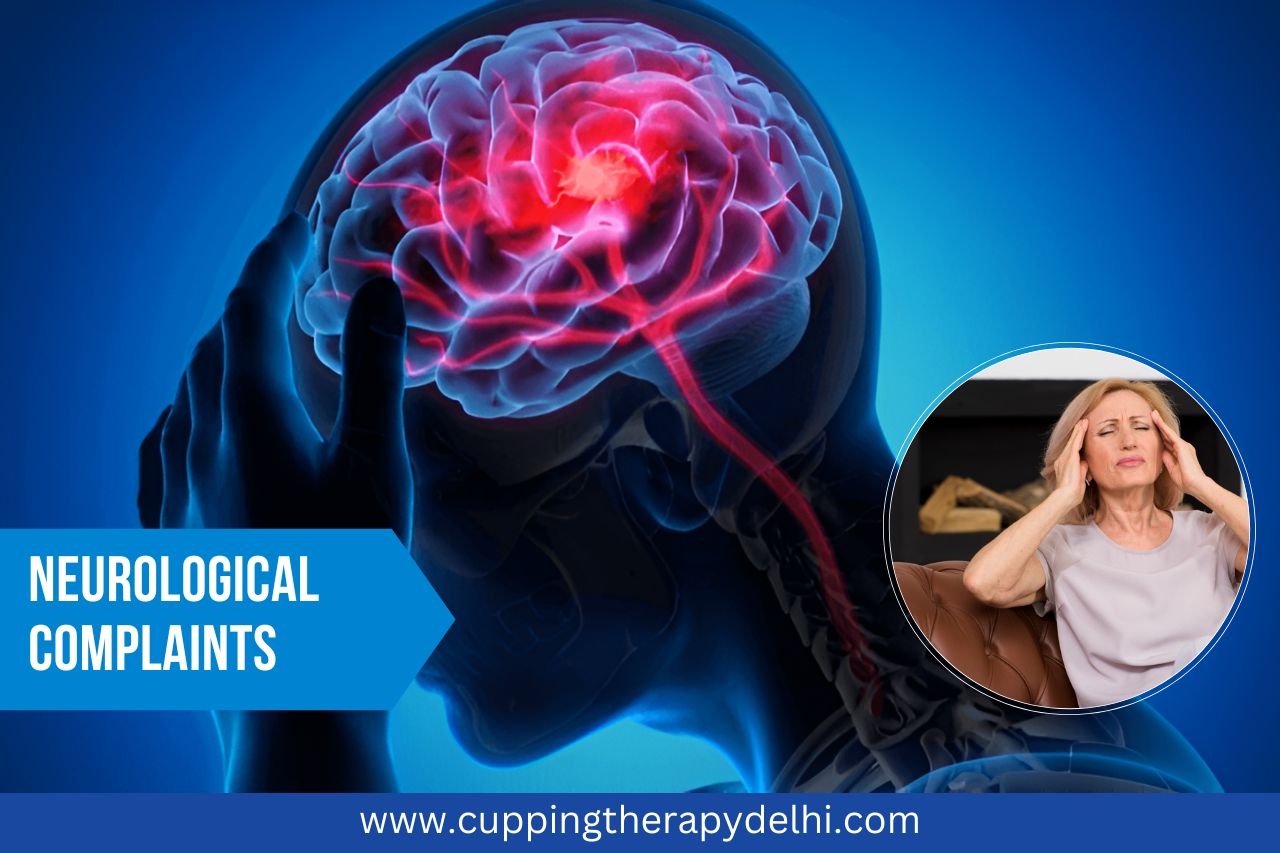Neurological Complaints
- Home
- Comprehensive Therapy Solutions
- Neurological Complaints

Neurological complaints encompass a range of symptoms related to the nervous system, including the brain, spinal cord, and nerves. Common issues include headaches, dizziness, numbness, seizures, and cognitive changes. These complaints can stem from various conditions such as migraines, neuropathy, stroke, and neurodegenerative diseases. Accurate diagnosis typically involves neurological evaluations, imaging studies, and laboratory tests. Treatment and management strategies depend on the underlying cause and may include medications, physical therapy, and lifestyle adjustments to alleviate symptoms and improve neurological function. Early intervention is crucial for managing symptoms and preventing progression of neurological disorders.
Common Neurological Complaints
- Tension Headaches: Tension headaches are characterized by a constant, dull ache or pressure around the head, often described as a tight band. They can be triggered by stress, poor posture, or muscle strain. Management includes relaxation techniques, over-the-counter pain relievers, and addressing lifestyle factors to prevent recurrence.
- Migraine Relief: Migraine relief focuses on alleviating the severe, throbbing pain often accompanied by nausea, light sensitivity, and visual disturbances. Treatments include prescription medications, lifestyle adjustments, and avoidance of known triggers. Preventive strategies like regular exercise, stress management, and dietary changes can also help reduce the frequency and severity of migraines.
- Neuropathic Pain: Neuropathic pain results from nerve damage or dysfunction, causing burning, shooting, or tingling sensations. Commonly associated with conditions like diabetes, shingles, or nerve injuries, it can be chronic and challenging to manage. Treatment often includes medications, physical therapy, and lifestyle changes to alleviate symptoms and improve quality of life.
- Stress and anxiety reduction: Stress and anxiety reduction involves techniques to manage and alleviate mental strain, such as mindfulness, deep breathing exercises, and regular physical activity. Stress reduction strategies include time management and relaxation practices. Effective management improves overall well-being, enhances resilience, and reduces the risk of stress-related health issues.
- improving sleep quality: Improving sleep quality involves adopting habits that enhance restful and restorative sleep. Key strategies include maintaining a consistent sleep schedule, creating a relaxing bedtime routine, and optimizing the sleep environment for comfort. Reducing caffeine and screen time before bed, along with regular exercise, also contributes to better sleep quality.

